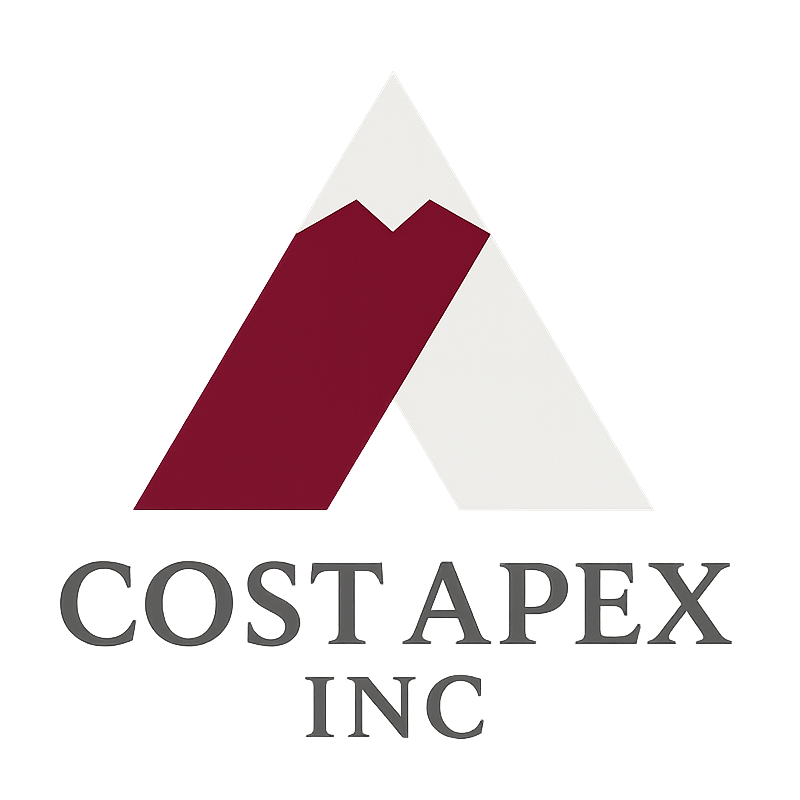Robust, Effective Cost Segregation Studies
We conduct Cost Segregation Studies for your residential investment properties, opening the doors to tremendous tax savings.
What Is a Cost Segregation Study?
A Cost Segregation Study is a detailed analysis that breaks down and categorizes the components of your property. By reclassifying certain building components into shorter-lived asset classes, you can accelerate depreciation and capture tax savings sooner. This allows you to take much larger depreciation deductions in the first few years of ownership, significantly reducing your current tax burden and increasing your cash flow.
Ready to Get Started?
Reach out to us or leave your information and we'll contact you to talk about if getting a Cost Segregation Study done makes sense for you.
Contact us at (801) 712-2123 or [email protected]
Get StartedWhat I Do
I'm Nolan Borzoni, founder of COST APEX INC. I help investors maximize their tax savings by providing Cost Segregation Studies for residential investment properties. My process is thorough, compliant, and focused on maximizing your tax savings.
From discovery through final report, you'll get a clear, defensible study and support throughout the process.
Why Get a Study in 2025?
In 2025, 100% bonus depreciation is back, and that makes a cost segregation study more valuable than ever. For properties placed in service in 2025, you can depreciate 100% of 5-Year and 15-Year property in year one. For many residential rental properties, this can mean writing off 20–30% of the property's value in year one alone. That translates into massive deductions, directly reducing your current tax bill and boosting cash flow. Those funds can be used to improve your property, cover expenses, or reinvest into new acquisitions, compounding your returns faster. Your tax advisor can model the interaction with passive-loss limitations and recapture rules to confirm your net benefit, but in 2025, the timing has never been better to leverage a Cost Segregation Study.
Consult with your tax advisor to see how you can take advantage of this opportunity.
Our Process
Discovery
We'll discuss your property's details, your goals, and any constraints to make sure the study fits your timeline and return expectations.
Data Collection
We gather all necessary documentation and conduct a comprehensive property walkthrough, identifying and cataloging every depreciable component to ensure nothing is overlooked.
Engineering Analysis
Our team performs a detailed engineering analysis of your property, creating a comprehensive cost segregation study that maximizes your tax benefits while maintaining full compliance.
Final Report & Support
You receive a complete audit-ready report with detailed schedules and supporting documentation. We provide full backing and support for your study throughout the entire process.
Methodology and Standards
Our cost segregation methodology follows IRS guidelines and industry best practices, utilizing an engineering analysis and comprehensive property documentation to ensure maximum defensibility. Each study is backed by thorough on-site inspections, photographic evidence, and precise cost calculations that meet or exceed IRS Audit Technique Guide standards, giving you confidence that your accelerated depreciation deductions will withstand scrutiny.
2025, The Year of Bonus Depreciation
The recently enacted "One Big Beautiful Bill" has restored 100% bonus depreciation for qualifying assets placed in service after January 19, 2025 Tax Foundation. This equates to tremendous savings potential in year 1, savings you can deploy towards other investments.
How Much Does a Cost Segregation Study Cost?
Our comprehensive Cost Segregation Studies cost $1,200. Significant discounts are available for multiple properties. Because a quality study necessitates a visit to the property, any properties outside of Utah will be subject to travel expenses, which we strive to keep as low as possible. If your property stands to benefit from a Cost Segregation Study, the price is well worth the guaranteed savings a cost segregation study will bring, and doing one with us will ensure quality, defensibility, and timely delivery.
Cost Segregation Estimator
Get a rough estimate of your potential tax savings with our cost segregation calculator.
How Does This Calculator Work?
Our calculator provides a rough estimate of your potential cost segregation benefits using a simplified methodology:
- Calculate Depreciable Basis: We subtract the land value from your total property cost, since land cannot be depreciated.
- Apply 20% Rule: We estimate that approximately 20% of your depreciable basis can be reclassified from 27.5-year residential property to 5-year personal property through cost segregation.
- Calculate Tax Savings: We apply your marginal tax rate to determine the immediate tax savings from accelerated depreciation.
Important Note:
This is a simplified estimate for educational purposes. Actual cost segregation studies require detailed engineering analysis and can vary significantly based on your specific property's components, construction methods, and local market conditions. Professional studies typically identify 15-30% of the depreciable basis for reclassification.
Let's Get Started
Ready to maximize your tax savings? Let's discuss how a cost segregation study can benefit your investment properties.
I'm here to help you understand the potential tax savings for your specific properties.
